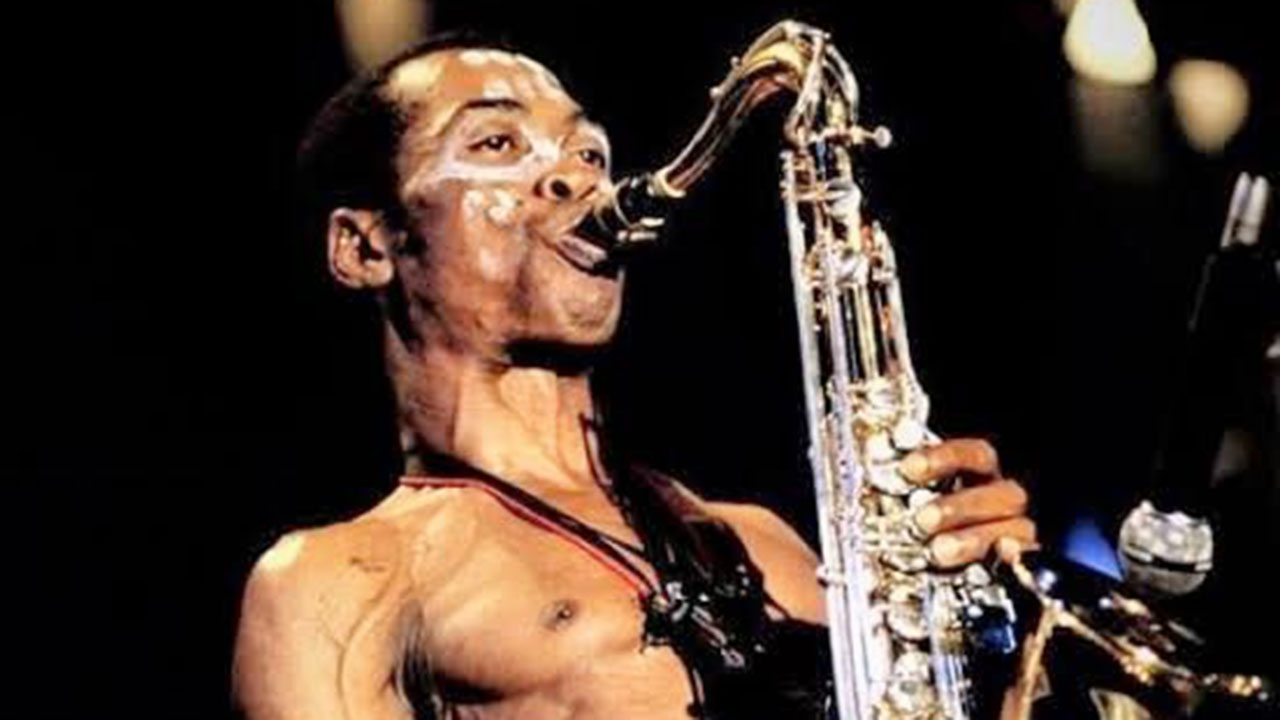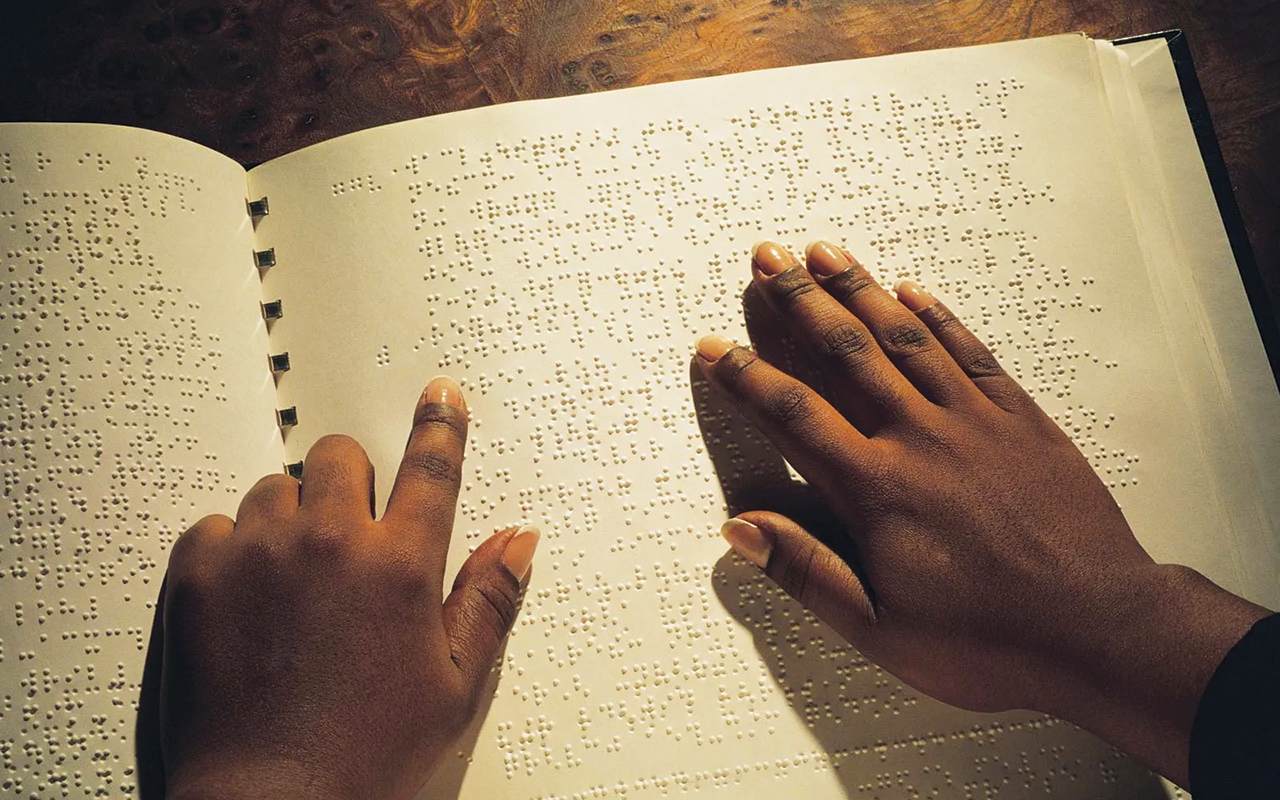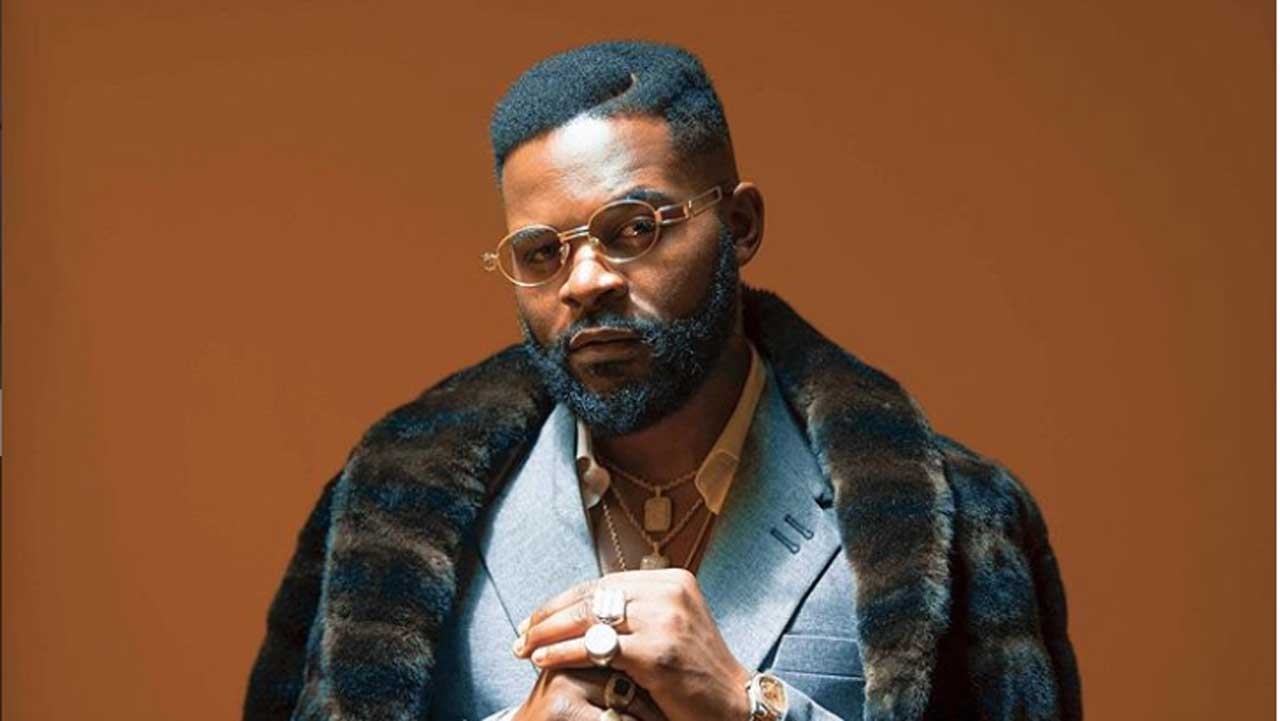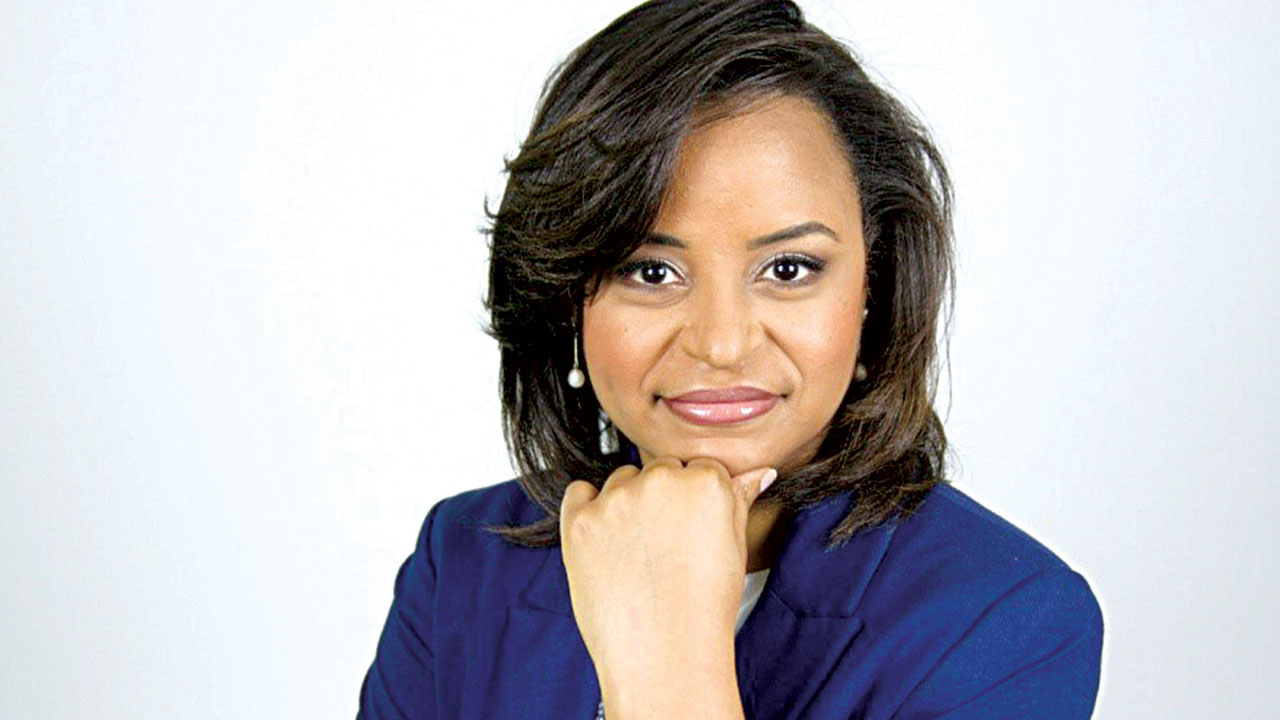
Gone are the days when women in the Nigerian film industry did the glamour part mainly to brighten the screens, as actors only. Most times, when they were behind the camera, they were stereotyped into menial roles such as makeup artists or costumiers or simply taking care of production welfare because they were assumed to function best in those areas.
However, a recent documentary, Nigeria: Shooting it Like a Woman, produced by Mukti Jain Campion and Nadia Denton for BBC World Service, and aired on October 25, as part of the BBC 100 Women season, set out a new narrative.
In the documentary, award-winning screen director, Tope Oshin, who also presented the programme, celebrated a new generation of Nigerian female filmmakers, who are currently reinventing Nollywood. She explored women’s distinctive approach to telling screen stories that better represent women’s lives and aspirations in Nigeria’s today.
Oshin began the show by honouring popular and inspirational filmmaker, the late Amaka Igwe, who died in 2014. Then she introduced some of the key women now shaking off gender stereotypes and winning awards in filmmaking such as Mildred Okwo, director of the political satire, The Meeting, Michelle Bello, director of Flower Girl, Kemi Adetiba, who directed last year’s box office winner, The Wedding Party, and Remi Vaughan Richards, whose drama, Outspoken, casts a spotlight on the issue of child brides.
Oshin first narrated how she got the courage to venture fully into the industry, when she noted, “My own path to directing is thanks to one very special woman, Igwe, who was one of the biggest names in Nollywood and, in fact, throughout Africa. For many years, she was the only well known female director and she was a pioneer for developing our television industry, too.
“Igwe is that one person, who took me out of this mindset that women are less; that there are some things that women can do and some they can’t do. At some point, she told me, ‘I like your process as an actor; I think you will do more if you continue this way. I think you will make a good director.’ I thought she was joking because, for me, only men could be directors and she insisted, ‘if you have the talent, go ahead and be what you want to be!”
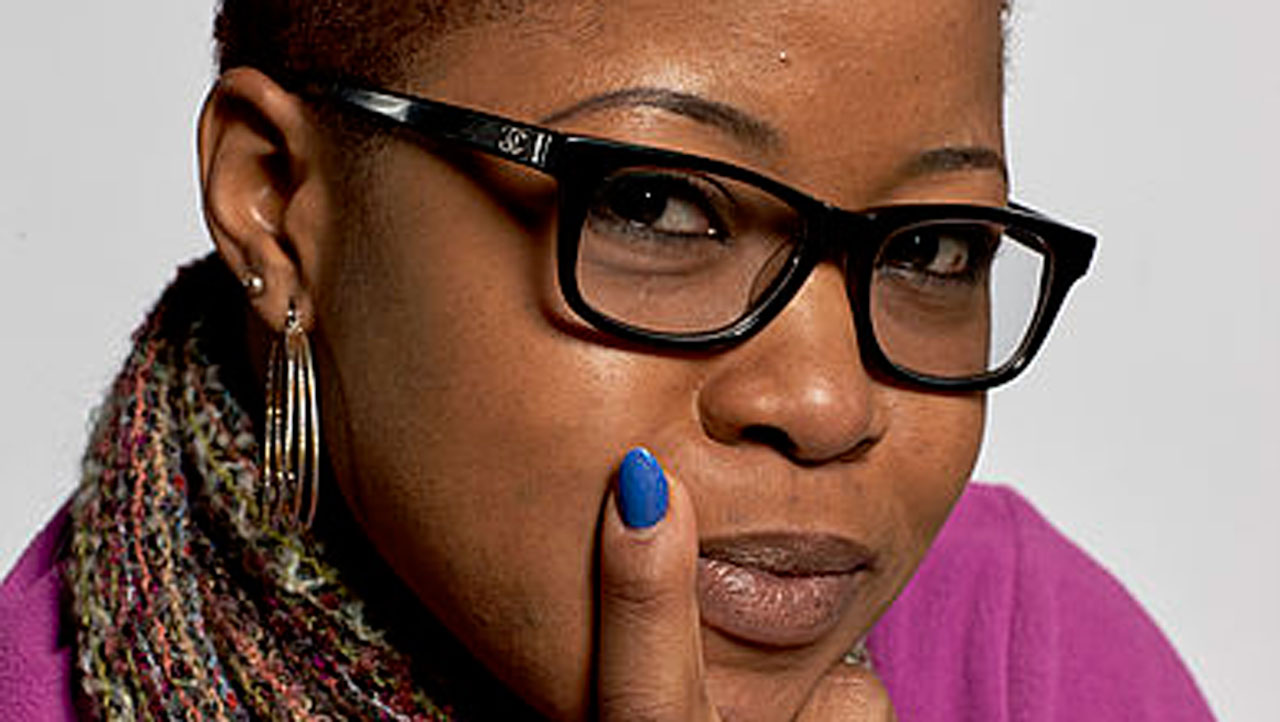
Oshin also acknowledged that though Igwe is dead, her legacy is what has made many women like her and Mildred believe that they too could take the helm as film directors. Okwo was also in agreement with Oshin about Igwe, when she said, “She just went about doing it; she didn’t think I am a woman in here or somebody will stop me, and that is the example we need. The last time I spoke with her, she had huge plans of building a huge studio in the South East and part of it would have been for the training of women.”
Popular actor, Nse Ikpe, who worked with Oshin on the movie, Journey to Self, was also surprised to discover that the director on the movie set was a woman.
According to Ikpe, “When I got cast for the movie, Journey to Self, and saw the name Tope Oshin, I thought it was a man. When I got there, there was this lady sitting on the couch and I was like, ‘where is the director? He can’t be late to set. I am on time. Where is he?’ I kept getting up and walking out. At a point, I said, ‘hi, my name is Nse,’ and she said, ‘hi, my name is Tope,’ and I said, ‘oh, are you the director?’ In my head, I am like, ‘oh, a female? Interesting!’”
That movie, Oshin said, has no male protagonists; just some four ladies sitting on the sofa and telling their own stories, stories that many Nigerian women struggle with in silence. They are stories like child marriage, domestic violence, divorce and the pressure to conform to other people’s expectations.
“It was not very well received,” she said ruefully, “the reaction was more like, ‘why didn’t we see them give us more?’ And some said, ‘that is the end of their career,’ but it earned me an AfricaMagic Movie Award (AMVCA) award.”
The criticism came largely from the average Nigerian audience, who wasn’t used to those sorts of stories. It was one of the first stories told by women with only female protagonists. So, they were not happy; there was no big male figure either; yet, these are deep stories that the women had to tell, like the culture of silence about certain subjects, but everything was talked appeared “like too much of a shock,” she submitted.
Oshin added, “We have been silent for too long. Maybe people just gather and maybe share a glass of wine and they are like, ‘my husband hit me the other day’ and someone says, ‘don’t worry, it will be better’ or ‘sorry, don’t worry; you know our mothers went through it.’ We have mothers who say, ‘I will not have my daughter be a divorcee. Will you rather I die?’ But we were bold enough to say, ‘if it’s not working, take a walk’ and there is nothing wrong with that.”
Oshin also argued that the Bill for gender equality, which was rejected last year by some lawmakers because it was against Nigerian culture, was not fair.
And so she asked, “If the culture of a people makes them less of human beings, can’t the culture change? The Bill basically said women should have equal opportunities at work, salaries, and the way they are treated.”
In spite of the Bill being shot down, Oshin expressed her fulfillment at how far women have come in having their voices heard about how they feel, with a strong medium films, which she and the others are using their positions as female directors to saying things like never before.
The directors also reflected on how women are succeeding in male-dominated industries despite the failure of lawmakers to pass the gender equality Bill into law, which would have given legal backing for equal pay and equal rights.
With Lagos as city to the home of the largest and most prolific film industry in the Africa, Oshin acknowledged the myriad of problems confronting the industry, saying, “But this is Nollywood, not Hollywood. We don’t have large studios and sound stages and almost every movie is shot on location. Budgets are always tight, but we still manage to make hundreds of films every month and thus women have always had a strong presence in front of the cameras. More of us are now getting behind the cameras, too.”
Oshin, who has been directing films in the last 10 years, said, “I want to celebrate some of the trailblazers, who have been winning awards and audiences in Nigeria and challenging gender stereotypes along the way. The new era of Nollywood is also on the way with more professional films being made for the cinema and women are at the forefront.”
Also narrating her experiences, U.S.-trained lawyer, who returned to Nigeria to launch a successful career as a filmmaker, Okwo said, “For so many years that I watched African films, I felt that I couldn’t hear the voices of the women. It was always the nice women sitting in a corner and being everything to her man and being kicked and slapped around. You could just tell a man wrote the story; yes, you have women acting it, but they don’t have voices.”
Okwo continued, “A lot of men look down on women, but gender equality is happening, with nobody saying a word. The women are just going out there and kicking doors down and doing it! When I step on set, what I do is, I know my craft; so, there is really no time for anybody to say, ‘oh, she is a woman, what is she doing?’ because when I speak, they already know that I know more than they do.”
One of the movies Okwo has made over the last 10 years is The Meeting, set in Abuja. It is about a businessman, who comes to Abuja to have a meeting with the minister and the meeting is moved to 4:30 pm. In the end, a whole lot of stuff happens, and he ends up seeing what really goes on in Abuja.
Okwo said she was intrigued that the movie had a lot of critical acclaim, adding, “I was quite happy with that; President Goodluck Jonathan was in power. Somebody from the government called and said they needed 30 copies because the president said they had to get it to every minister. Apparently, his mother had watched it and asked, ‘so, this is what is happening in your government?”
In setting agenda for the trade, Oshin said she liked Okwo’s works because “She basically picks an issue that we all know and satirises it and shows us that that is what we all are. It is ugly. Yes; that is who we are thereby fulfilling the role of a filmmaker.”
Though Okwo said she was scared because she thought that after watching the film, “they will yank me, but they watched it and they talked about it. In fact, the then Minister of Petroleum, Diezani Alison-Maduekwe was interviewed and she confirmed it as what goes on in Abuja even though it was said tongue in cheek.”
Okwo stated that the way women approach things is much more detailed as they are more into making a complete story: “I have watched a lot of Nollywood films and I think a lot of the old films by men are much more one-dimensional. I am noticing that the women coming up seem to want to tell the whole story.”
Okwo was emphatic in stating one of the challenges women go through to make a movie, saying, “Most of the times you are making up the rules as you go along. If you wanted to shoot outside, there are the young boys, who will give you a lot of trouble because they have no jobs and they come in expecting you to pay them something. Sometimes, you get into fist fight just because they are expecting you to pay them.”
Michelle Bello shot her movie, Flower Girl, as a romantic comedy shot in Lagos. According to her, “I really poured my heart into the movie for years and I really wanted to do it in a way they have never done movies before. We had one of our cast run across the International Airport with no shoes on. People, who were boarding planes were like, ‘what is going on?”
Bello said the film won the heart of audiences, but however noted, “In our society today, we have missed what love is all about. We have twisted it to money, prostitution, and all kinds of things. It is very sensitive right now. I have little cousins; all they know is, ‘what is on social media.’ They don’t read newspapers or listen to radio anymore. It’s not like our generation or our parents’ generation. All they get is what is online; that’s how they learn now and I think we have a responsibility in our storytelling to change the world. That is why we have the gift and talent to do so as storytellers!”
Like Okwo, Bello had her fare share of discrimination from the male folks. She said: “Sometimes, I feel like it’s a boy’s club. In fact, I had a recent experience with a group of men. We were working on a movie project together and they brought me in as the producer. As the only woman on the table, it was like, ‘oh, you are a woman; you don’t really need the money. You are a wife; your husband will pay for whatever you need.’ And I said, ‘no; this is what I am worth. This is my fee; this is for my time and energy. I know what value I will bring to the project.’”
For famous radio and TV personality, Kemi Adetiba, who decided she needed a change and enrolled in a top film school in New York, has her own story into breaking into men’s turf. She said her teacher told her she has a knack for storytelling and that her future lay in story directing. She heeded his advice. Last year’s biggest box office success in Nigeria was a movie she directed, The Wedding Party.
According to Adetiba, “The entire movie was shot in a hall in Eko hotel. Nigerian weddings are about the families and not the couple in isolation. So, when you have crazy families coming together, everything just hits the fans. So, that is what it is.”
She said the movie was a success because people could watch the movie and really recognise, identify and match characters to the people in reality, like, ‘oh, that is my aunty, or sisters, or brothers.’ “Nigerians could actually sit back and laugh at themselves, though not in the negative way.”
Coming from a music video background had its impact on her first movie. With Adetiba’s amazing interpretation that is female-centred, which could only come from the richness and nuance of the director being female, according to a well known expert on Nollywood, who has worked in the industry for many years, first in distribution and more recently as a producer on films directed by women, Mr. Don Omope.
Omope said, “It is the imagination of women that brings these stories to bear because they know the obvious stories that naturally come through. What Nollywood needs today is diversity of stories, ambition and interpretation. So, you must explore the fact that a majority of those doing that in Nigeria now are women.”
Now, Omope is sold on female-centred character delineation, as he is directing his latest film, Market Must Sell, which has four female protagonists. It is basically about a lady who has been ordered by her aunt to find a husband in the next wedding part they would attend. It’s about the things people go through, the pressure to get married at a certain age.
Another female movie producer, Isioma Osaje, who also runs a successful talent agency, argued that women tend to tell stories with a lot more heart, adding, “We live our lives having to understand everybody else. Stories told and shot by women tend to be more encompassing and realistic than when a man views the world; it makes them unique. We need more women working behind the scenes in director positions. Even the editors; I definitely will encourage more women to come in. It is an industry where you can make a name for yourself by the virtue of your hard work.”
Heading up North Nigeria, where Nollywood productions are not as popular as a result of language barrier, with a lifestyle that is different, the film medium has proven to be equally as important to women even in a conservative society.
Mass Communication lecturer at Ahmadu bellow University (ABU), Zaria, Prof. Sandra Adamu, said; “Yes, it is because women are in pudah, they are restricted. We do not have soap operas like in other countries. So, what they do is, they watch films, satellite, DVD players. We don’t have directors telling women’s own stories, and there is a lot happening in pudah that needs to be told.”
Adamu, who is a trained filmmaker in Los Angeles, U.S., could not practise what she studied, when she returned home. She discovered that her career hopes were not going to be easy.
As she put it, “A friend told me, ‘you want to carry camera on the street?’ they think it is not feminine; they think it exposes women to a lot of things and that discouraged me from pursuing my career in filmmaking. So, I restricted my filmmaking career to the classroom!”
Adamu has hopes to raise another generation of filmmakers, who she would serve as an inspiration.
“They want to be like me but can they do it?” she said. “Wear a veil and carry a camera on the street in this conservative area, where I come from? It is still a man’s world; they call the shots but for those students doing film, well, they are still in the university. Most of them are not married; they can do whatever they want to do.”
She cited the example of one of her students, who wanted to become a cinematographer, saying, “I have a girl, who is good. I groomed her to be a cinematographer; she is also a good actor. She is intelligent and can write scripts. She told me she wanted to be a director, but immediately she got married, the husband did not want to hear anything about film. So, she is at home. I do visit her and see her with three, four kids. She can’t do anything. I don’t know if we can change the society. It may take a long time.”
Remi Von Vaughan Richards is another filmmaker, who is not afraid to tackle sensitive issues such as child marriage and women’s sexual health. Her 2016 film, Unspoken, see two yellow cabs racing down the streets of Lagos, each carrying a young girl to the local government hospital. One is an 11 years old Hausa Muslim from the North, who has come to Lagos, as a child bride to be married to a man 30 years older than her. They tell her ‘no more school, male friends nor acting like a child’ even though she is still a child. The other is a precocious 13-year old from the South, who gets pregnant and ends up having a back street abortion that goes wrong.
The film was taken on tour all over the country to the remotest parts of the most conservative North. The response, according to Richards, was encouraging, adding, “The imams in those areas were so happy they gave us presents and thanked us for taking the film to their communities. It was received really well and there were a group of young Northerners, about 12, 13, who had babies with them. They asked us, after the movie was shown, ‘so, what age should we allow our children marry?’ We told them to let them finish school before they got married. It was very encouraging to know that our work counted and it could make a change.”
Oshin, who mentored Adeola Oshikojo, said she met her fresh out of film school. Today, she is one of the leading lights out of the young crop of women, who are directors in Nollywood.
One of Oshikojo’s works, Help, My Wife is Pregnant, is about two characters from different tribes – Emeka, who is Igbo and Kofo, who is Yoruba. Oshikojo said, “When people from different tribes marry, there is always a lot of ups and downs. One of the challenges with Nigeria and Africa in general is that we always have a lot of tribal uprisings. So, for me, it’s a statement and I think the film is very important now that some people believe the Biafra Republic should exist; this is just to show people that it is possible for us to live together as a people despite our differences.”
In concluding the incisive programme, Oshin said, “I am glad that a lot of women following in Amaka Igwe’s footsteps are striving to change the world and to make Nigeria a better place through their films. It excites me to think what great strides our homegrown directors will make in the years to come.
* Original footage culled from BBC World



